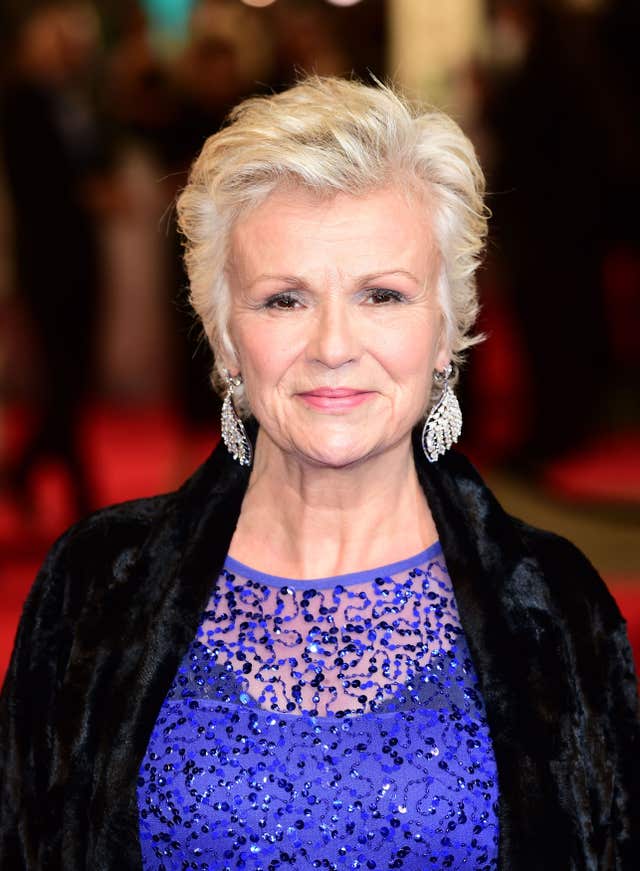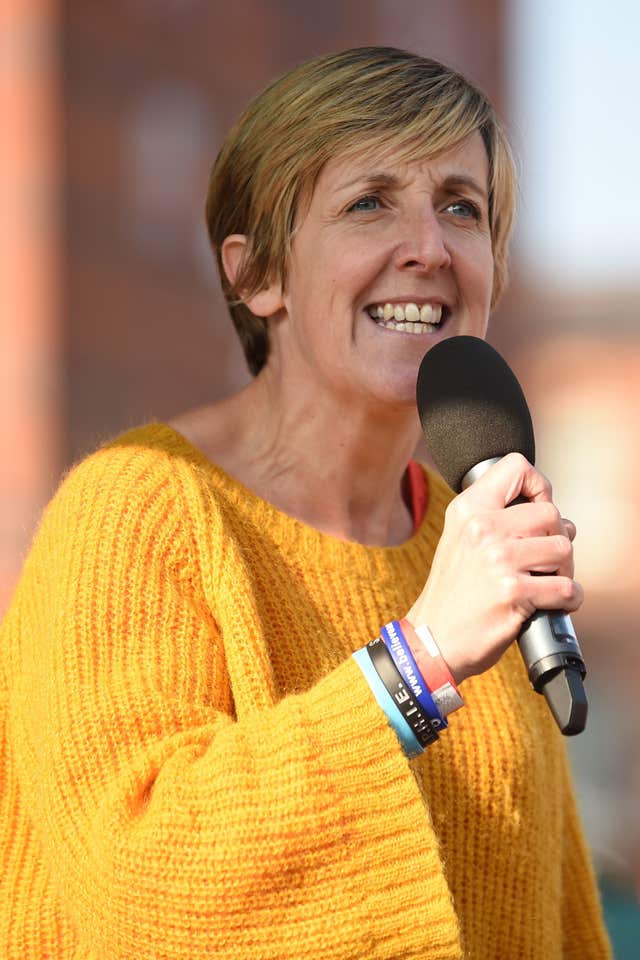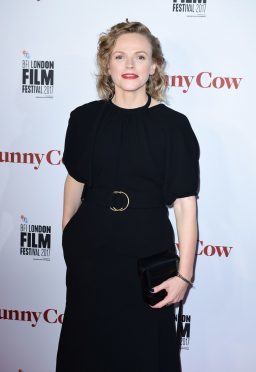TV bosses have been criticised for excluding Britain’s diverse dialects from the small-screen.
Academic Dr Laura Wright said the “varied, historic dialects” had been “effectively censored” on TV shows.
Her comments come after stars such as Maxine Peake and Dame Julie Walters have hit out at the lack of opportunities for working-class actors.

Dr Wright, a Reader in English Language at the University of Cambridge and contributor to the Oxford English Dictionary, told Radio Times magazine: “Sitcoms, sport and reality TV allow regional accents, to a degree – but dialect grammar, the nuts and bolts of everyday language, is rarely heard…
“The few times you do hear them (varied dialects), it’s for light entertainment – usually poking fun.
“The only exception is when a disaster occurs and news reporters seek bystanders to react – then we do get to hear how the people of Britain really speak countrywide.”
She said of the variation in speech: “All of it took centuries to evolve and is still in use as normal, spontaneous regional English. Yet we never hear it.”
She added: “If regional dialect speakers are excluded from television – as they currently are – then that is the same thing as excluding working-class people, which is to say, excluding most of the population of Britain.”

Former Coronation Street actress Julie Hesmondhalgh, ex-Doctor Who star Christopher Eccleston, The Walking Dead’s David Morrissey and Call The Midwife’s Stephen McGann have criticised class inequality in the profession and the dearth of young actors emerging from poorer backgrounds.
